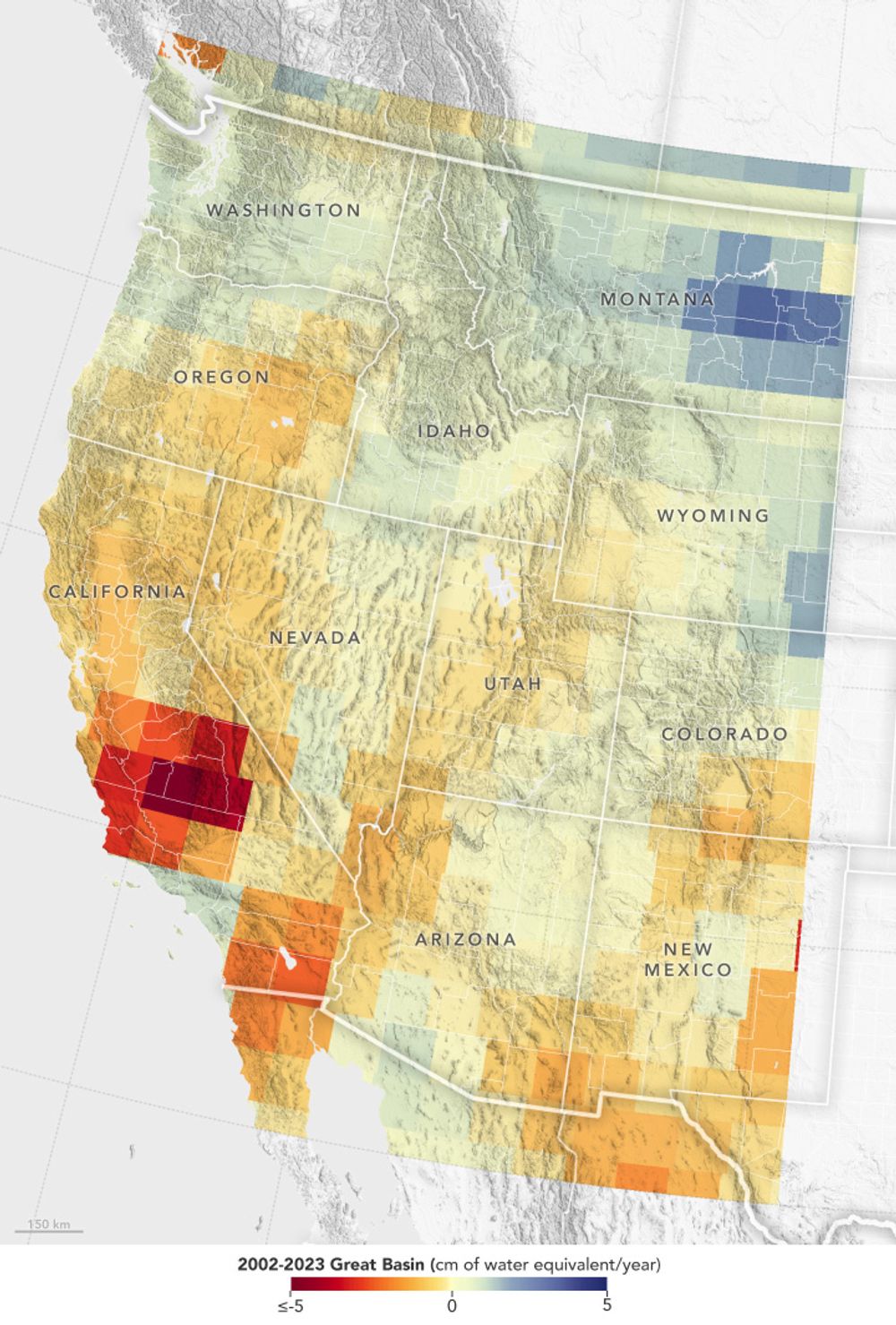Featured Videos
Antarctic Sea Ice Hits Annual Minimum, Second Lowest On Record
On February 20th, 2024, Antarctic sea ice officially reached its minimum extent for the year. This cycle of growth and melting occurs every year, with the ice reaching its smallest size during the Southern Hemisphere's summer.
Arctic Sea Ice Hits Annual Minimum, Antarctic Sets New Record
Arctic sea ice likely reached its annual minimum extent on Sept. 19, 2023, making it the sixth-lowest year in the satellite record. Meanwhile, Antarctic sea ice reached its lowest maximum extent on record on Sept. 10 at a time when the ice cover should have been growing at a much faster pace.
Is Polar Ice Melting? We Asked a NASA Expert
Is polar ice melting? The sobering answer is yes, and it’s the number one contributor to sea level rise. NASA scientist Dr. Brooke Medley tells us how NASA studies the relationship between ice sheets and sea level to better understand our changing planet.
Two Scientists Have a Frank and Honest Discussion about Antarctica
NASA Glaciologists Kelly Brunt and Alex Gardner discuss the history, challenges, and evolution of mapping the Antarctic continent and what it means for science and society.


